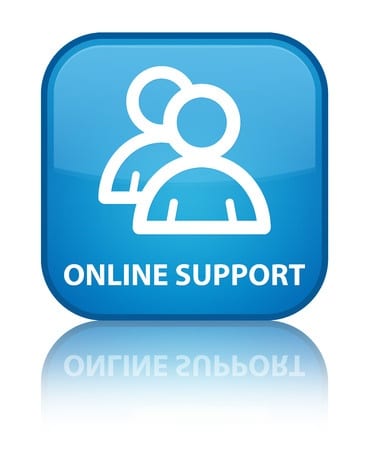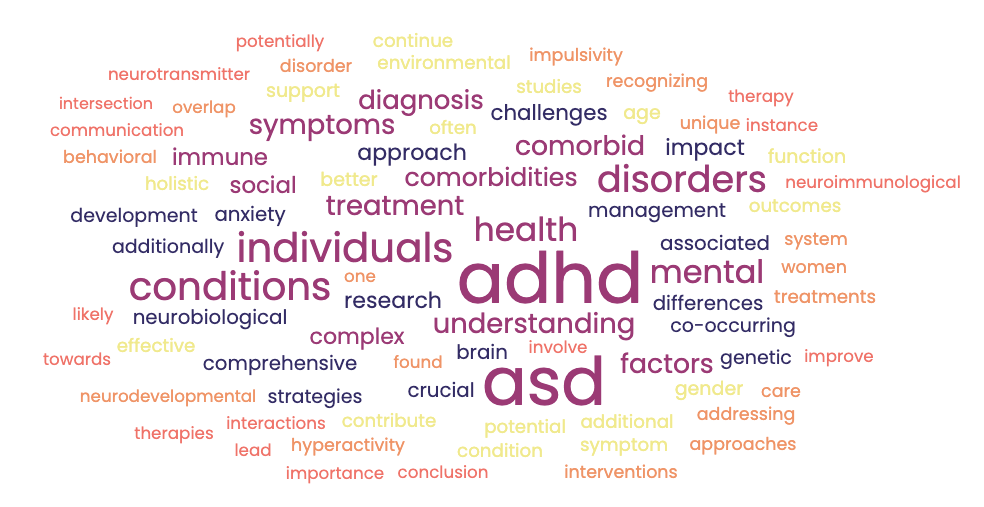Approximately 58% of cancer survivors use the internet for supportive services (Monnier, Laken, & Carter, 2002). Cancer survivors have indicated interest in communicating with their physicians via portals, using web-based services for information, and utilizing online social support sites. About 70% of survivors and caregivers reported that they would use online services and many studies have shown that internet-based services actually increase social support and lower the degree of loneliness and symptoms of depression and anxiety for those coping with cancer (Fogel, Albert, Schnabel, Ditkoff, & Neugut, 2002; Lieberman et al., 2003). Evidence also suggests that cancer survivors who are in active treatment benefit from social support services using this positive cyber venue (Beaudoin & Tao, 2007).
Positive health outcomes have also been linked when using the internet for support. Some example of these benefits include lowering distress, positive emotional support, and increasing more adaptive coping. All these factors have been shown to be associated with cancer recovery (Beaudoin & Tao, 2007; Wright, 2002).
So why does the use of internet-based supportive network have such a huge impact on cancer survivors emotional well-being and ultimately on their cancer recovery?
Internet-based social support groups give survivors the opportunity to interact and maintain contact with a huge number of other survivors who share a similar medical condition and experience. These forums allow survivors to turn to each other during crisis or just simply provide a common place for ongoing support (Braithwaite, Waldron, & Finn, 1999). Additionally, cancer survivors develop a much greater need for interpersonal relationships with other survivors since they are more likely to face negative social stigma (Koller et al., 1996; MacDonald & Anderson, 1984; Wortman & Dunkelschetter, 1979). When an individual is faced with a life-threatening illness they are also more likely to withdraw from their immediate social networks despite their need for ongoing support (Cluck & Cline, 1986).
The bottom line is that the use of web-based social support groups are of great interest for survivors and making these websites available to this population is very important and could improve psychosocial functioning.
Here are a couple of great internet-based social support community for you or anyone you know that is diagnosed with cancer. Pass it along to them as this may be a very helpful way for them to seek some additional support.
The Cancer Support Community
http://www.cancersupportcommunity.org
Inspire: together we’re better
REFERENCES
1. Beaudoin, C. E., & Tao, C. C. (2007). Benefiting from social capital in online support groups: an empirical study of cancer patients. CyberPsychology & Behavior, 10(4), 587-590. doi: 10.1089/cpb.2007.9986
2. Braithwaite, D. O., Waldron, V. R., & Finn, J. (1999). Communication of social support in computer-mediated groups for people with disabilities. Health Communication, 11(2), 123-151. doi: 10.1207/s15327027hc1102_2
3. Cluck, G. G., & Cline, R. J. (1986). The circle of others: Self-help groups for the bereaved. Communication Quarterly, 34(3), 306-325.
4. Fogel, J., Albert, S. M., Schnabel, F., Ditkoff, B. A., & Neugut, A. I. (2002). Internet use and social support in women with breast cancer. Health Psychology, 21(4), 398- 404.
5. Koller, M., Kussman, J., Lorenz, W., Jenkins, M., Voss, M., Arens, E., . . . Rothmund, M. (1996). Symptom reporting in cancer patients: the role of negative affect and experienced social stigma. Cancer, 77(5), 983-995. doi: 10.1002/(SICI)1097- 0142(19960301)77:5<983::AID-CNCR27>3.0.CO;2-Z
6. Lieberman, M. A., Golant, M., Giese-Davis, J., Winzlenberg, A., Benjamin, H., Humphreys, K., . . . Spiegel, D. (2003). Electronic support groups for breast carcinoma: a clinical trial of effectiveness. Cancer, 97(4), 920-925. doi: 10.1002/cncr.11145
7. MacDonald, L. D., & Anderson, H. R. (1984). Stigma in patients with rectal cancer: a community study. Journal of Epidemiology and Community Health, 38(4), 284- 290.
8. Monnier, J., Laken, M., & Carter, C. L. (2002). Patient and caregiver interest in internet-based cancer services. Cancer Practice, 10(6), 305-310. doi: cpa106005
9. Wortman, C. B., & Dunkelschetter, C. (1979). Interpersonal Relationships and Cancer – Theoretical-Analysis. Journal of Social Issues, 35(1), 120-155.
10. Wright, K. (2002). Social support within an on-line cancer community: An assessment of emotional support, perceptions of advantages and disadvantages, and motives for using the community from a communication perspective. Journal of Applied Communication Research, 30(3), 195-209.








